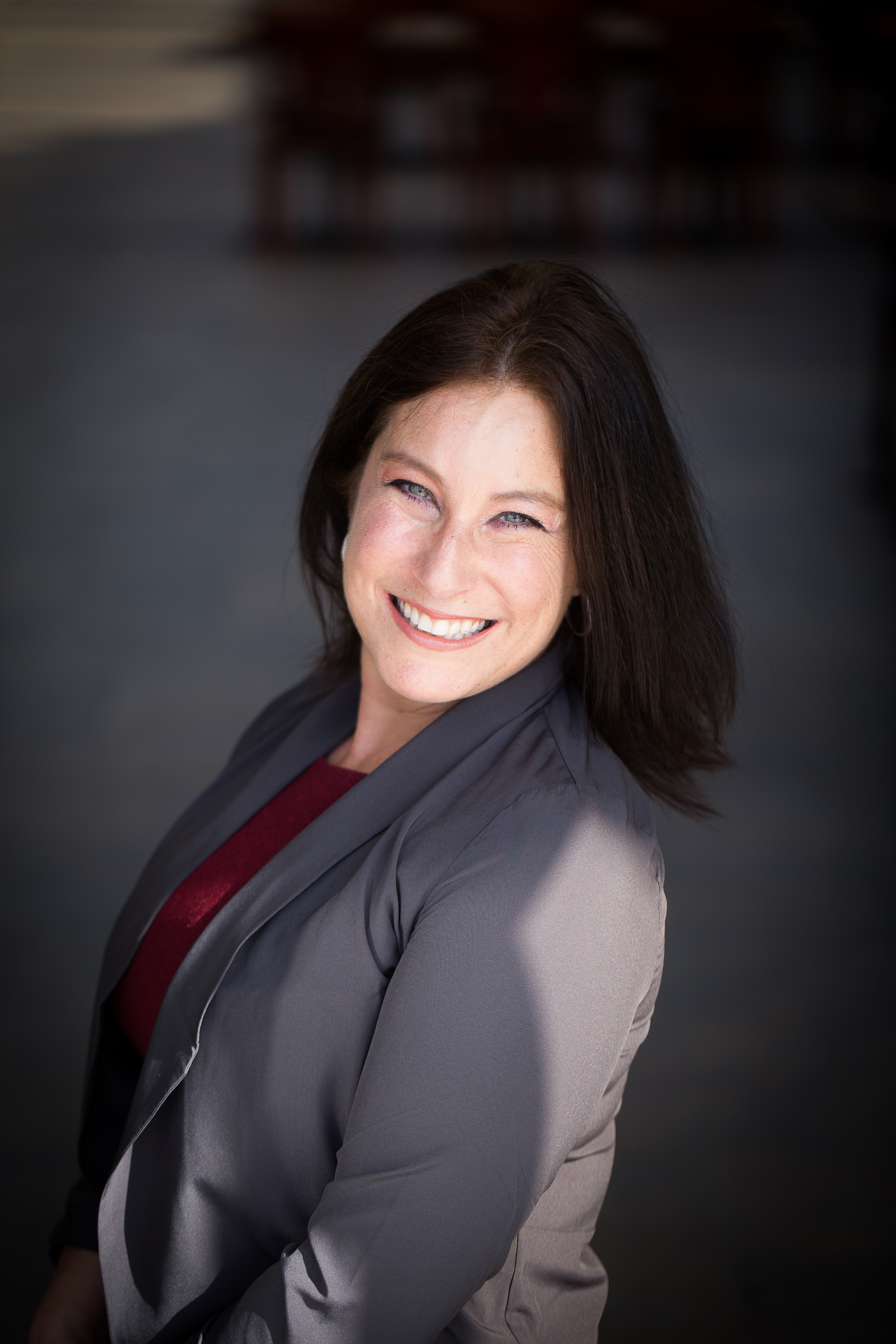Author’s note: The story below is my personal experience with postpartum depression. There includes some graphic content, which may be sensitive for certain readers. If the topic is triggering for you, please do not continue reading.
After the birth of my beautiful, bouncing, first daughter, I suffered from postpartum depression. At the time, I refused to acknowledge anything was wrong. It didn’t occur to me that my symptoms (I was freezing up all the time, I struggled to eat and sleep, I constantly felt sick) were a sign of a problem. I kept assuring myself that these would all be passing. My rebel thyroid and barely functioning pituitary gland were screaming at me to get a hold of myself, and what did I do instead? I returned from my eight-week maternity leave to teach a global class of executives how to sell and play nicely together.
Because, my goodness, I was fine.
A few weeks later, when my appetite and passion for life still felt depleted, I convinced myself that I needed to see a doctor. I was given some “wonder drug” that promised to make me feel normal again. It didn’t. With no solution from the doctors, I felt doomed. I became disconnected from everything around me. Thinking about my lifelong dreams — like raising my healthy baby daughter — left me in a cold sweat.
Feeling that I had no other option, I did the unthinkable and decided I could no longer live in this life. Thankfully, my attempt was unsuccessful and my family was able to help me recover. In sharing my story, I aim to lessen the stigma and decrease the embarrassment around P.P.D. so that women will seek help before it becomes life-threatening. If I had sought help earlier and hadn’t been looking for a quick fix to my problem, things may never have escalated the way they did.
After my experience with postpartum depression that led me to go down a path I never would have previously, I learned that I needed to re-evaluate my habits, priorities, and lifestyle. I realized three important things that I hope will help others who are struggling:
Check in with yourself
First, and most importantly, I began to pay attention and take care of my mental and emotional health. I stopped viewing being sick or feeling off as a weakness. Sometimes a cold is just a cold, but recurring pneumonia is a sign that something needs to change. Taking the time to check-in with yourself to evaluate how you’re feeling is hugely helpful.
Stop trying to equally balance everything
The idea that I had to give 100 percent of my time and energy to everything in life was a huge part of what made me ignore the negative emotions and sicknesses. Instead, I learned to focus on what mattered the most and to devote the majority of my time and energy there. Choosing, prioritizing, and compromising consciously is the answer. Currently, the two most important facets of my life are my career and my family. Most of my time is split here. This means that I don’t volunteer every weekend in my community, and I sometimes skip my workout classes — and that’s okay. Figure out what’s most important to you, and the rest will fall into place.
Get rid of “should” statements
What’s a “should” statement? It’s phrases like: “I should go out with my friends every Friday,” or “I should work a few more hours,” or “I should go to every single performance of my daughter’s play.” Instead, try asking yourself, “What is truly important to me?” And that one question, while simple on the surface, is core to understanding how to spend your time, where your priorities are, and what in life gives you the most joy.
My struggle with P.P.D. happened over 19 years ago, but sometimes it still feels fresh and raw. But then I look at where I am today. I have two amazing daughters, a supportive husband, an executive and leadership coaching business that I love, a book (with another in the works), and the ability and time to help people around me be their best selves by understanding the power of choice they have over their lives. I am now living my best life. And while P.P.D. is scary, difficult, and common, it is also not the end. The less we fear it and the more we talk about it, the more light we shine on it so others can heal.


